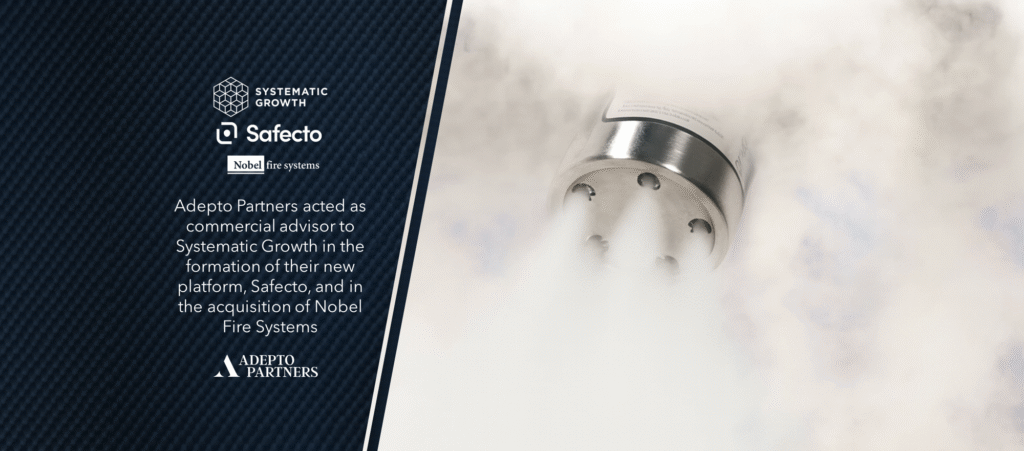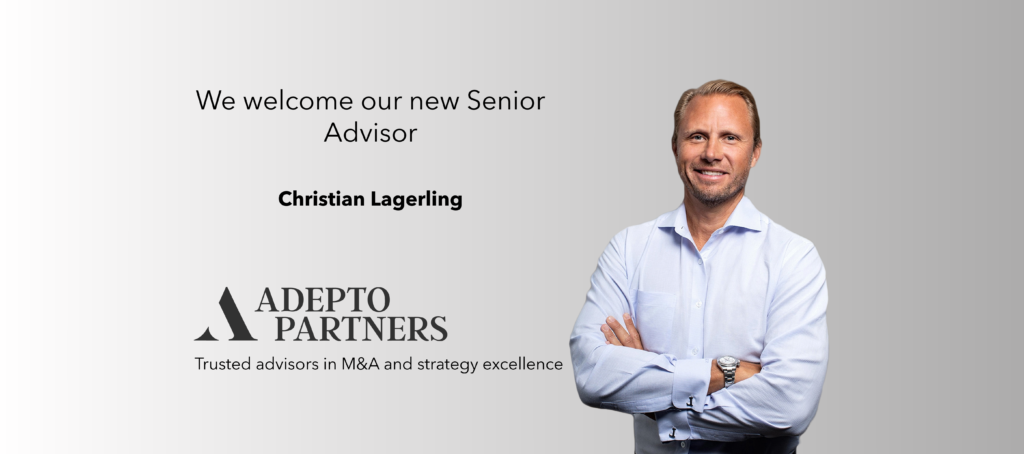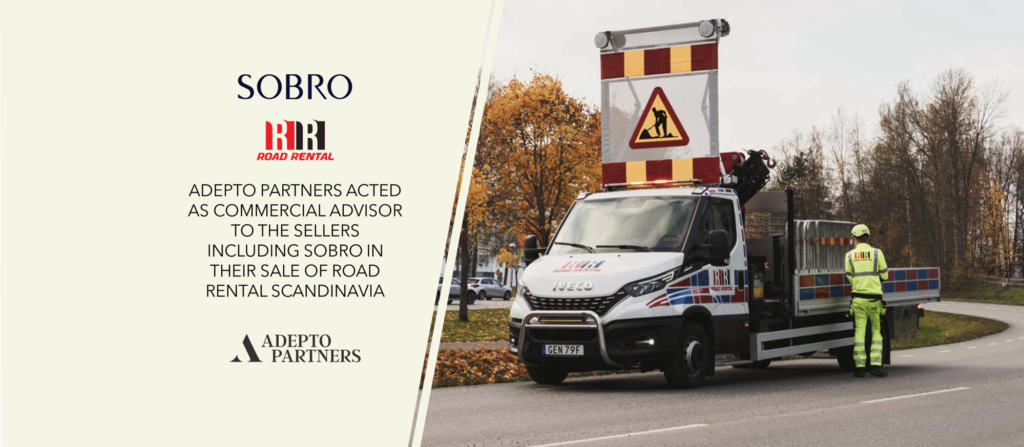Adepto’s latest addition to the roster of Senior Advisors, Christian Lagerling, shares his thoughts on recent macro developments and the strategic implications for companies and investors.
Q: For those who haven’t worked with you, how would you describe yourself and your experience?
I’ve spent the past 25+ years working on cross-border transactions and investments, primarily between Europe and the US, with a focus on the tech sector – especially software. Beyond that I’ve been active in multiple other verticals and take a special interest in the energy space.
Based in Silicon Valley for the last two decades, much of my work has involved helping European companies find investors or M&A partners in the US. I co-founded GP Bullhound, a global M&A and asset management merchant bank. Over the past ten years, I’ve also built a private equity portfolio where I sit on several boards and serve as Chairman of three companies. In short: growth, cross-border thinking, and advisory work with a tech backbone have been the common threads.
Q: Let’s dive into today’s climate. With the sudden spike in tariffs, what’s your take on the underlying dynamics at play?
Q: What have past macro events taught you that’s still useful today?
I’ll caveat that this one is a bit different compared to, say, the 2008 crisis or the euro area crisis. The impetus here feels more like economic brinkmanship, if still part of a larger trend, as I mentioned earlier.
But there are, of course, patterns. The main risk for the US may be a stagflationary environment: inflation returning, while consumer spending stagnates. You can already see it—people are more cautious, delaying purchases, pulling back. The “easy money” crowd that rode tech stocks and crypto may be hitting a wall. That adjustment could get real, fast.
Europe might be a bit better off, but it varies by country. My view for a while now has been that we’re heading into the late stages of the cycle rather than being through it, implying tougher, slower times ahead.
Q: As someone who straddles private and public markets, what signals do you watch most closely?
It is interesting to see how the markets have evolved in tandem with the theories on exactly what’s been driving the US policy. Of course, there has been a lot of noise as well but it seems much of this has already been corrected.
My main focus right now is early- and growth-stage tech companies, predominately private. Benefit of being in the private markets is you’re shielded from the daily price volatility of public markets. Outside that, it’s been a pretty tough environment as of late. Valuations peaked in late 2021 and dropped hard through 2022. In 2023, we saw a modest recovery, but most of the action was concentrated in AI-driven mega-deals.
Regardless, many smart private companies have already done a good job preparing for the prevailing trends: strengthening balance sheets when money was cheap, rethinking business models to fit a more domestic, less global world.
Q: What kind of support do you think clients need in this environment?
Procurement and supply chain strategy is front and center – especially now that the risks are no longer hypothetical. The question is: how do you adjust your manufacturing or sourcing setup if low visibility makes it hard to commit to hard-to-reverse choices?
We’ve already done work in this space together with Adepto. For example, one of the projects we worked on recently considered the viability of shifting production away from China, and if so, where. That kind of analysis has becoming essential.
You also have investors and boards needing to make fast decisions across their portfolios. In this environment, strategic advisory isn’t a “nice to have.” It’s a must-have for many.
Q: Final question. How do you stay level-headed through all of this?
I stay focused on the fundamentals. I try not to get distracted by market noise or short-term price moves. What matters is company quality, strategic foresight, and being aligned with the broader macro trends that have been in motion for years – long before tariffs or rate hikes started dominating headlines.
About Christian Lagerling
Christian has spent more than two decades in investment banking and venture capital. He co-founded GP Bullhound, where he has led M&A transactions, capital raises, and strategic advisory for high-growth technology companies. His expertise spans technology, digital media, software, fintech, and venture investing across Europe and the U.S.


